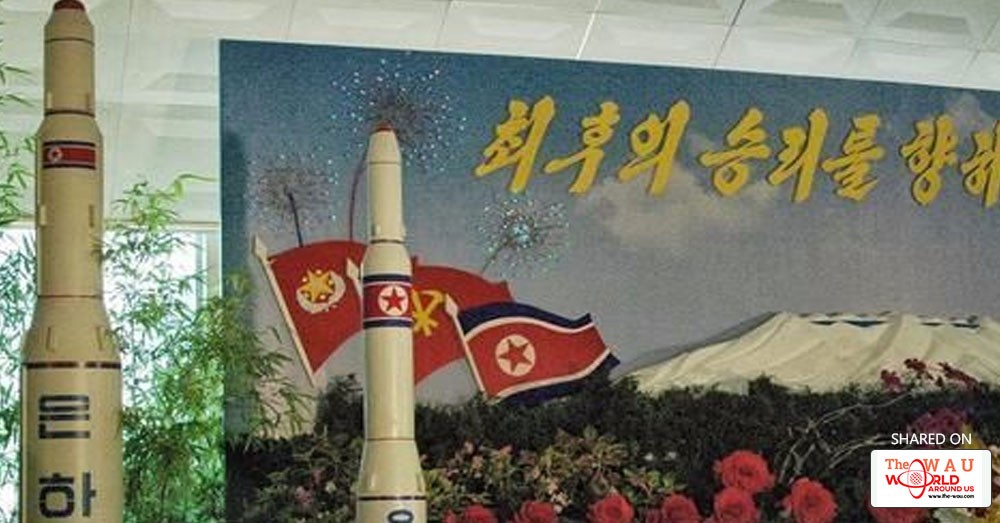North Korea recently tested an H-bomb in its sixth and most powerful nuclear test, triggering significant international security concerns.
While Pyongyang has got no problems with India, security experts have raised alarm on North Korea transferring the technology to Pakistan, creating "a major crisis" for New Delhi.
Beijing's closeness with Pyongyang and Islamabad further creates an unpleasant situation for India.
North Korea conducts sixth nuclear weapons test, most powerful yet
On September 3, North Korea claimed to have successfully tested a missile-ready hydrogen bomb which is several times more powerful than an atomic bomb.
The development came after seismologists detected earth tremors which were 9.8 times more powerful than the one recorded during the North's fifth nuclear test.
Japan condemned the test while South Korea convened emergency security council talks.
Pakistan has been strengthening its own nuclear arsenal
Pakistan has been expanding its nuclear arsenal at an alarming rate.
It is believed to have more nuclear warheads than India and has developed a wide range of delivery systems.
In January, it tested the Ababeel ballistic missile capable of carrying multiple independently targetable re-entry vehicle (MIRV) payload.
This would enable Pakistan to carry multiple warheads aimed at different targets in a single missile.
North Korea-Pakistan: Nuclear brothers in arms
Nuclear technology cooperation between Islamabad and Pyongyang dates back to the 1980s.
Under a covert arrangement, Pakistan transferred know-how on Uranium enrichment to North Korea, while receiving long-range missile technology in return.
Pakistan's infamous AQ Khan-led proliferation network further transferred centrifuge technology to Pyongyang.
North Korea's Nodong missile is believed to have provided the technological base for Pakistan's Ghauri medium-range ballistic missile.
China is in the picture too!
It is no secret that Pakistan received know-how on low-yield Uranium devices from China. Beijing further helped it conduct a nuclear test at Lop Nur in 1990.
China is even believed to have helped plug the gaps in the Pakistan-North Korea nuclear technology exchange.
Despite recent events, doubts remain that China clandestinely continues to back Pakistan and North Korea, much to India's chagrin.
Is China changing its views on Pakistan and North Korea?
China recently endorsed the BRICS declaration which explicitly named Pakistan-based terror groups, including Lashkar-e-Toiba and Jaish-e-Mohammad. Beijing further endorsed the last round of UN sanctions on North Korea, although it has shied away from using strong language against Pyongyang. Could China be revisiting its stance?
Should India be worried?
India is under the shadow of a nuclear threat from China and Pakistan. It looks to nuclear deterrence to manage them.
The possibility of Pakistan acquiring an H-bomb does spark some concerns. However it does not radically change status quo with respect to India's threat perception.
India can benefit from directing its policy towards countering China's scheme to back nuclear ambitions of dangerous states.
Share This Post















